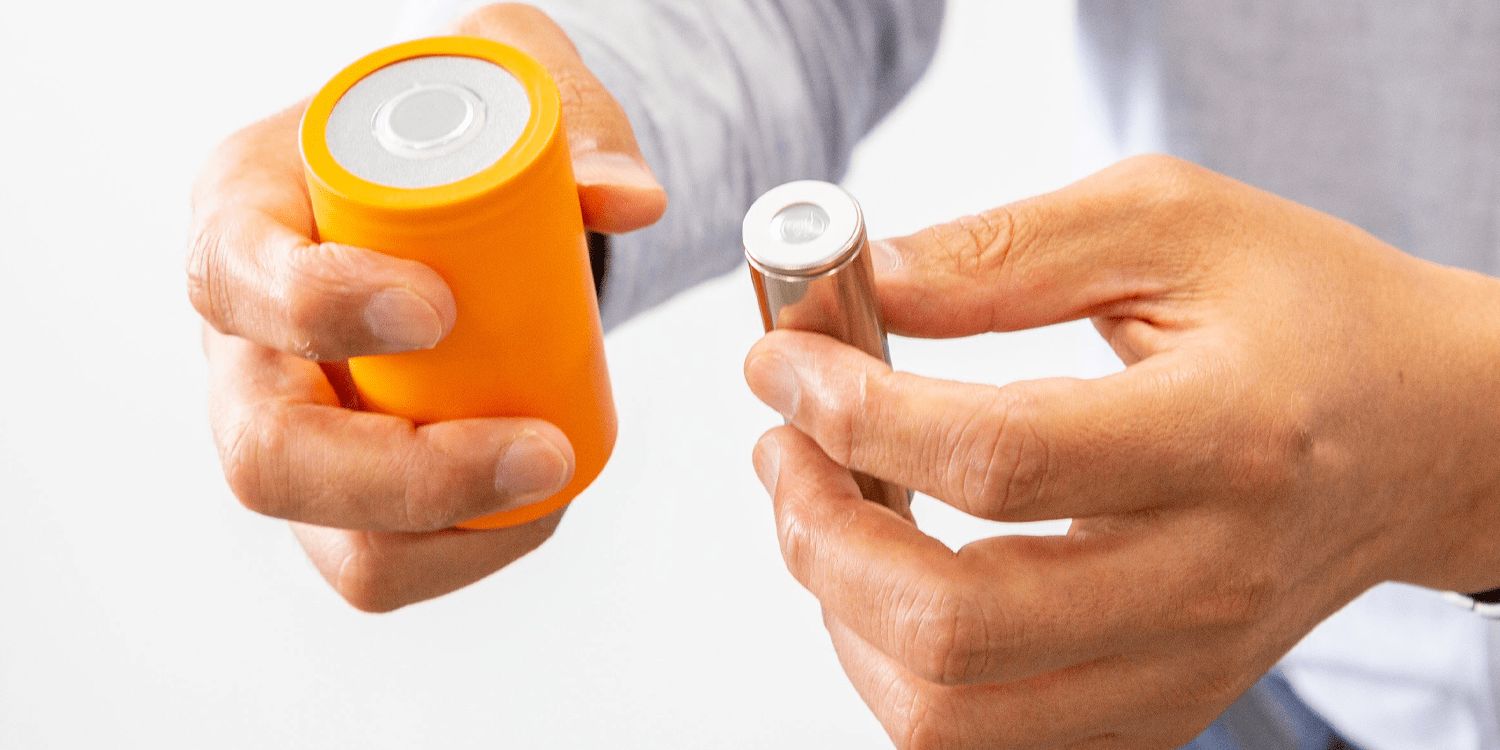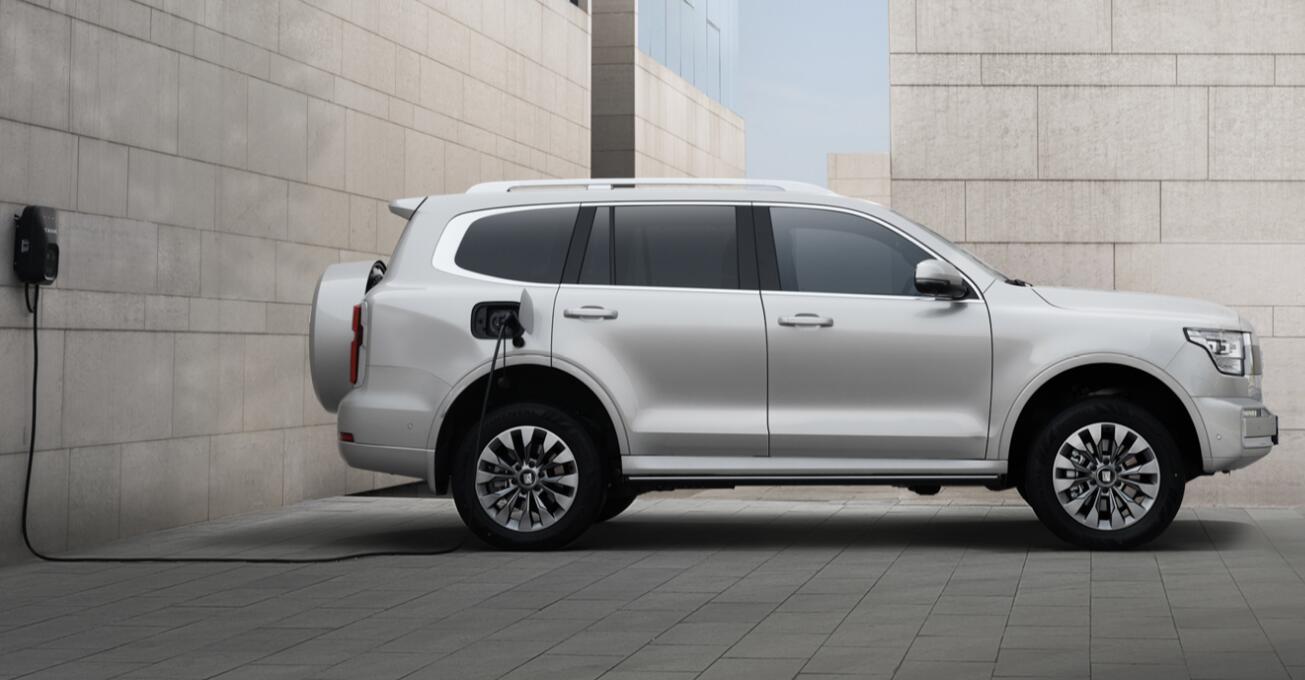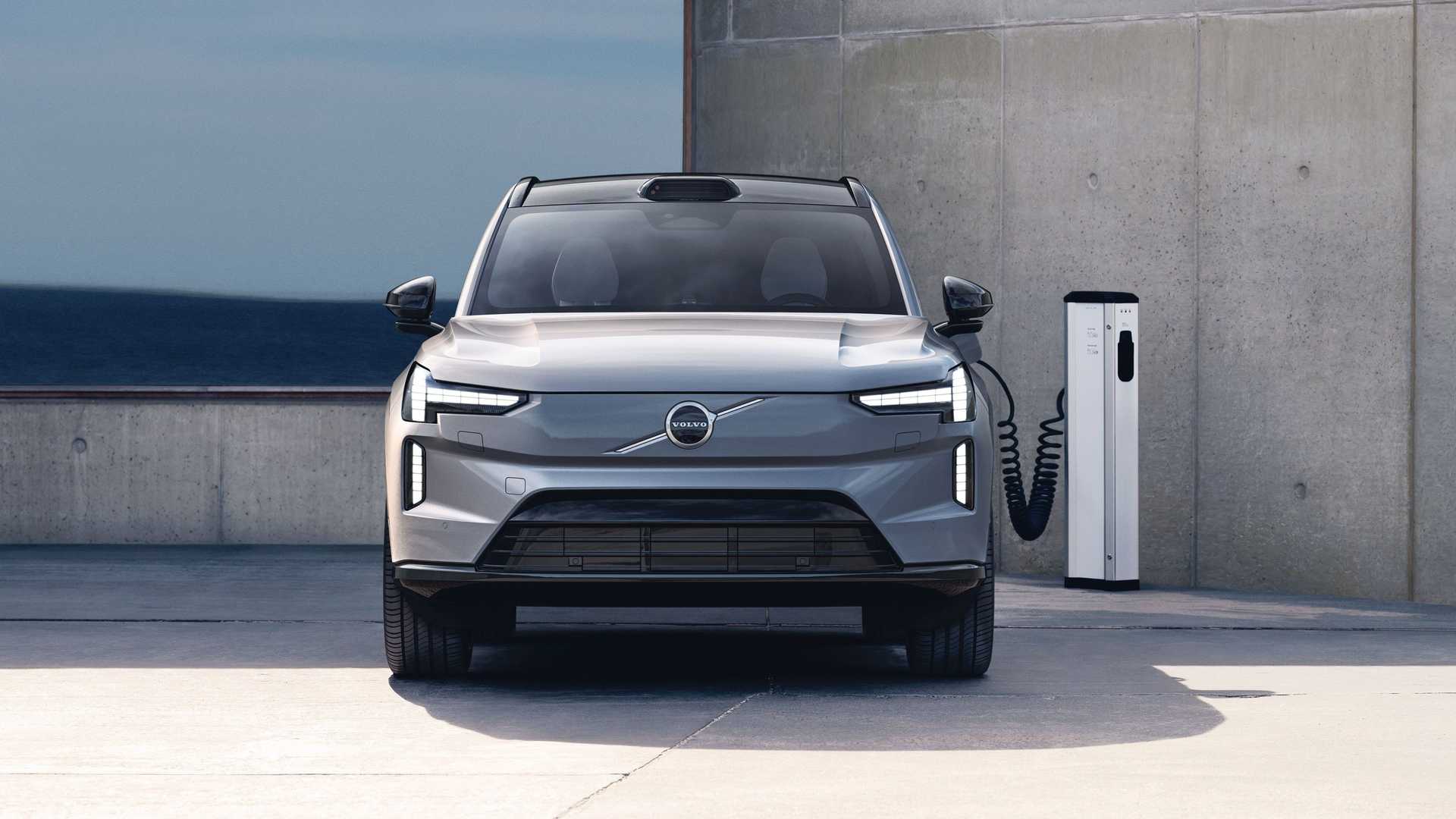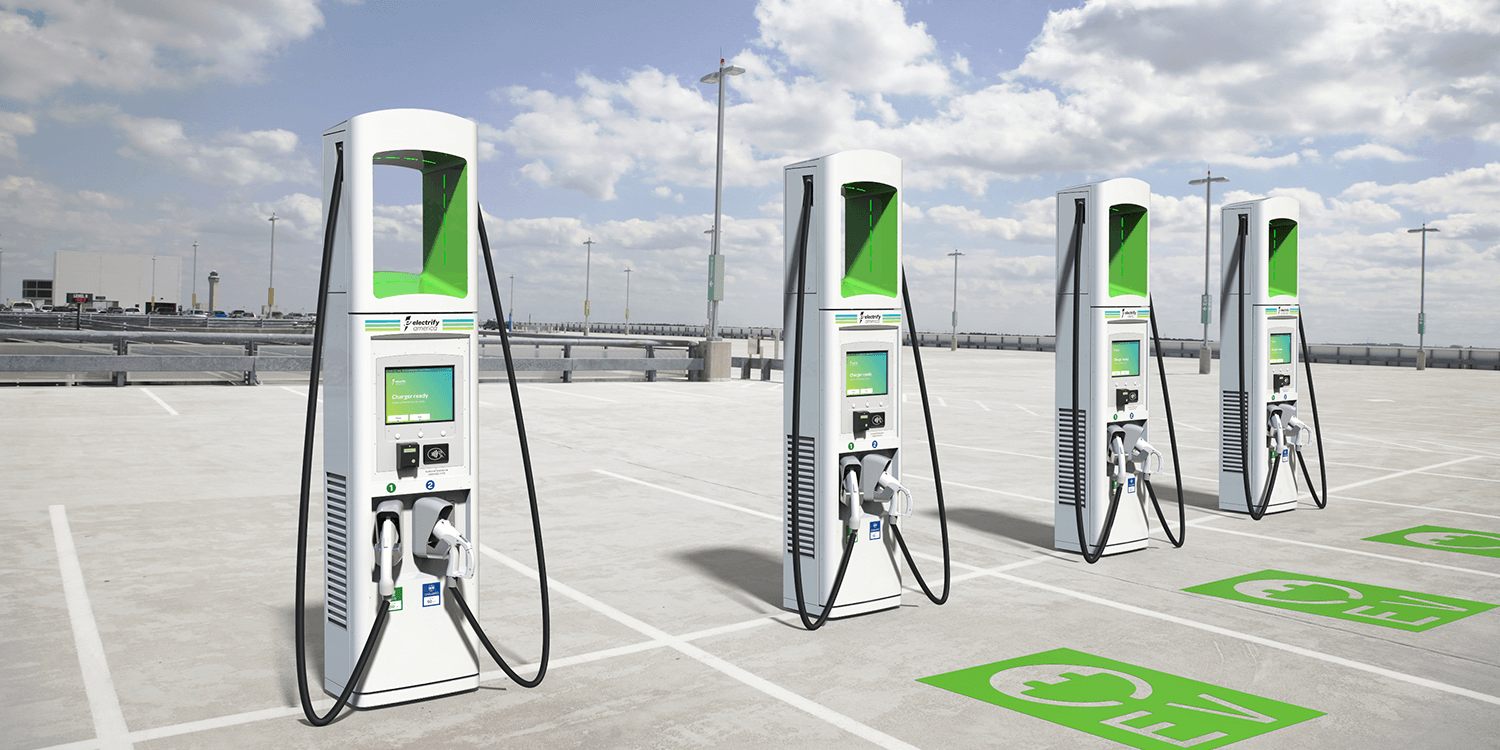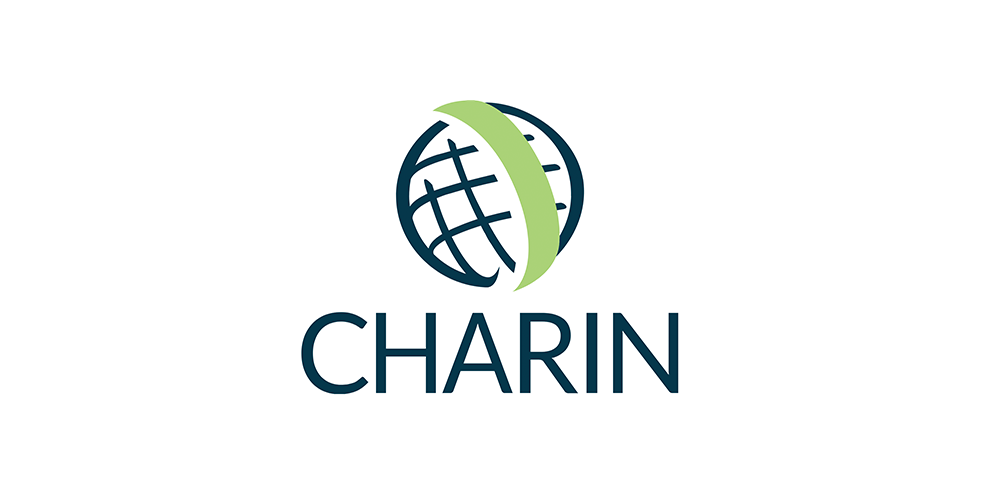In a series of strategic deals, Saudi Arabia has positioned itself as a formidable contender in the development of the Middle East’s lithium-ion supply chain, marking a significant step towards diversifying the nation’s economy. According to a recent analysis by Benchmark Mineral Intelligence, these agreements have the potential to establish Saudi Arabia as the most advanced hub for lithium-ion production in the region.
Driven by the government’s ambitious Vision 2030 reform plan, which aims to reduce the country’s reliance on oil, Saudi Arabia has been actively investing in the electric vehicle (EV) sector since 2018. However, while progress has been made, the midstream and upstream segments of the supply chain are still in nascent stages, as outlined by Benchmark’s report.
See also: Saudi Arabia wants to be a global electric vehicle player
One of the key advantages that Saudi Arabia possesses is the relatively low costs of reagents, in addition to the government’s generous incentives such as tax benefits, land allocation, and capital support. According to Ahmed Mehdi, a consultant at Benchmark, these factors give Saudi Arabia a competitive edge in establishing a thriving lithium-ion supply chain.
Among the notable recent deals is the partnership between Australian startup European Lithium and Saudi Arabia’s Obeikan Investment Group. The two entities have announced a joint venture aimed at constructing and operating a lithium hydroxide refinery in Saudi Arabia. The Saudi processing plant will utilize spodumene, a lithium-rich mineral, sourced from a mine being developed by European Lithium in Wolfsberg, Austria. As part of the agreement, European Lithium will supply the lithium spodumene concentrate to the joint venture at a reduced rate, with prices ranging between $3,000 and $7,000 per tonne, depending on market conditions. Benchmark’s Lithium Price Assessment currently places spodumene prices at approximately $3,650 per tonne. The Wolfsberg mine is projected to produce an estimated 3,610 tonnes (LCE) of lithium annually by 2030, as assessed by Benchmark.
Another significant agreement was announced between TAQAT Development and Chevron Lummus Global in May 2023. The partnership aims to construct a pet needle coke plant with an annual production capacity of 75,000 tonnes, along with a graphitisation facility to manufacture synthetic graphite in Rabigh. Chevron Lummus will provide proprietary needle coke technology, while Rabigh Refining & Petrochemical Company will supply the necessary decant oil as feedstock.
In March 2023, Novonix, a leading supplier of battery materials, entered into a joint venture with TAQAT Development, a Saudi energy company, to establish a 30,000-tonne graphite anode materials facility. The joint venture will cater to the growing EV and energy storage systems markets in the Middle East and North Africa region. Under the agreement, Novonix will retain a 40% stake, with TAQAT owning the remaining shares.
Furthermore, in 2021, Saudi Arabia became the first Middle Eastern nation to secure pipeline capacity in lithium processing through a partnership with EV Metals Groups. The collaboration aims to construct a battery chemicals complex in Yanbu Industrial City, with a projected lithium hydroxide production capacity of 18,050 tonnes by 2030, according to Benchmark’s Lithium Forecast.
See also: Lucid to Launch First Electric Vehicle Assembled in Saudi Arabia in September
As these new facilities come online, they are expected to cater to both Saudi Arabia’s domestic EV manufacturing industry and serve as a supplier to markets across the Middle East, North Africa, and Europe. By actively pursuing these agreements, Saudi Arabia is taking significant strides towards realizing its goal of becoming a key player in the evolving global lithium-ion supply chain.

